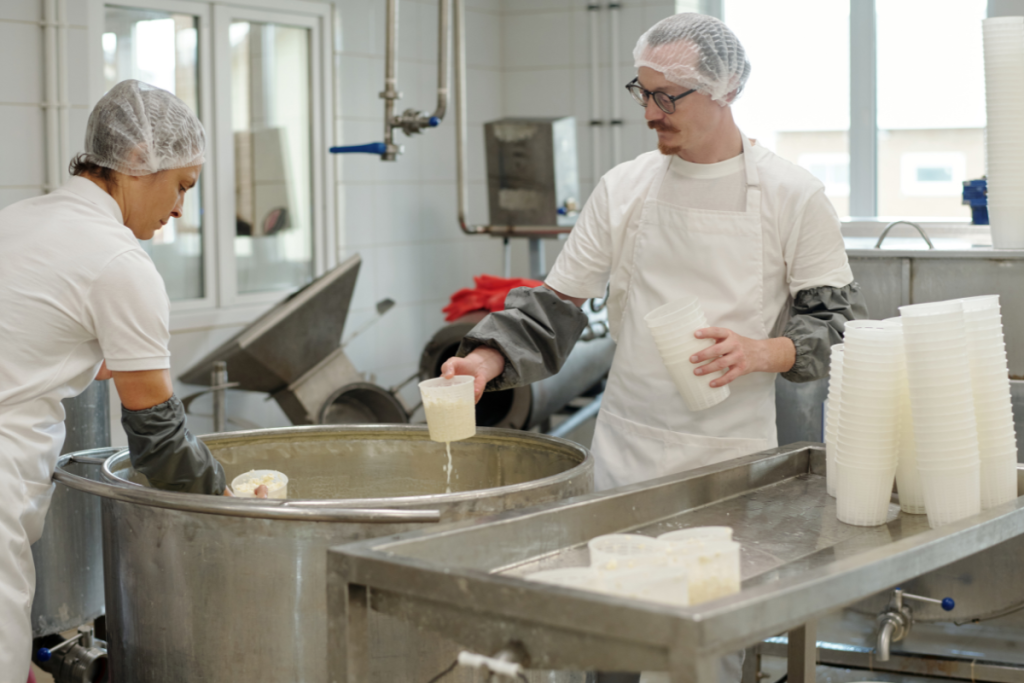As issues with climate change and rapidly depleting resources are becoming more urgent, there is a pressing need to form strategies to achieve sustainable development goals (SDGs). In Canada, a bio-economy is being adapted as a key strategy to support SDGs. Bio-economy is defined as economic activities associated with the invention, development, production and use of products and processes that are based primarily on biological resources. This emerging paradigm spans several industries including medical technology, agri-biotech, renewable energy, and biomaterials.
Rapid developments in biotechnology require a skilled talent pool to meet industry demands. However, the shortage of skilled professionals in the biotech space and unwillingness to employ recent graduates stunt industry growth. As 80% of the Canadian bio-economy consists of small to medium-sized enterprises, limited resources are often cited as a barrier to hiring new talent.
Wage-subsidy programs, like the Student Work Placement program and the Science Horizons Youth Internship program offered by BioTalent Canada, can help knock down barriers related to initial hiring costs by providing financial support to employers. BioTalent Canada also facilitates connections between full-time students/recent graduates and employers seeking fresh candidates that may potentially meet future recruitment needs through student work placement and internship programs.
Student Work Placement Program (SWPP)
Wage subsidies provided by this program cover the cost of a co-op student’s salary by 50% (maximum of $5,000); or 70% (maximum of $7,000) for first-year students and under-represented groups. Since September 2017, the program has placed over 900 students with over 275 employers providing the students with industry skills and employers with opportunities to increase their workforce.
To qualify for the program, employers must:
- Show a clear focus on bio-economy, in either the nature of co-op position or the employer.
- Provide a full-time co-op placement position with a minimum of 16-week placement.
The participant/student must be:
- Enrolled as a full-time student at a post-secondary education institution and studying in fields related to science, technology, engineering, mathematics (STEM), business and/or any other program
- A Canadian citizen, permanent resident, or persons to whom refugee protection has been conferred and legally entitled to work in Canada
Applications are currently being accepted for 2019-2020 co-op placements.
Science Horizons Youth Internship Program
This program offers wage subsidies (maximum of $15,000) to bio-economy employers for hiring recent STEM graduates into a STEM position with an environmental focus. As of March 2019, the program has placed 106 graduates with 67 employers across 37 cities nationwide. Growing participation in this program would equip participants with tools to pursue career paths specific to solving environmental/sustainability issues and increase the number of skilled professionals in the environmental sector.
To qualify for the program, employers must:
- Provide a position with a clear environmental component.
- Provide an internship position with full-time hours and a duration between 6-12 months (minimum of 6 months)
- Shoulder 50% of the internship cost.
The participants must be:
- Aged 30 or under at the beginning of the internship and graduated in the last 3 years from a post-secondary institution from a STEM program.
- Canadian citizens, permanent residents, or persons who have been granted refugee status in Canada, and legally entitled to work in Canada
The program is currently accepting applications until March 30th, 2020.
Bio – Economy Subsectors Eligible for Funding From Bio-Talent Canada
Bio-health
- Medical cannabis
- Medical Devices
- Biopharmaceuticals
- Nutraceuticals
- Natural-compound bioactives
- Bio-molecules
- eHealth/Artificial Intelligence
Bio-energy
- Biodiesel
- Ethanol
- Methane
- Bio-oil
- Sustainable development
Bio-industrial
- Biocatalyst
- Biosolvents
- Bioplastics
- Biocoatings
- Bioadhesives
Agri-biotech
- Agri-fibre composites
- Animal Genetics
- Plant Genetics
- Livestock Vaccines
- Animal Nutritional Supplements
- Functional Foods
To learn more about how your company can leverage non-dilutive funding to develop your workforce, grow your business, support R&D activities, and accelerate commercialization contact us today for a free consultation.

